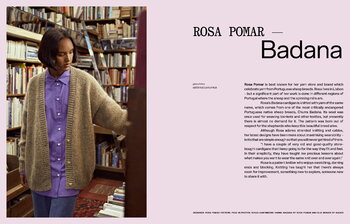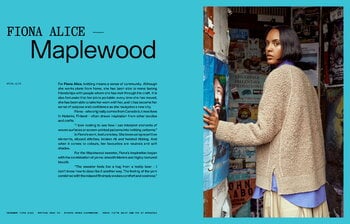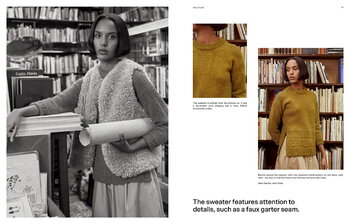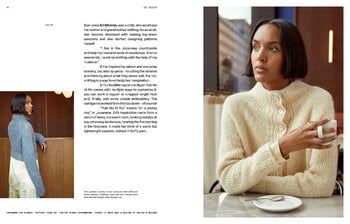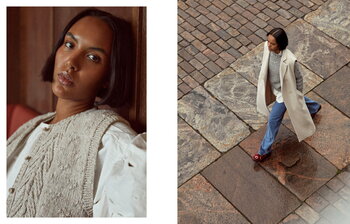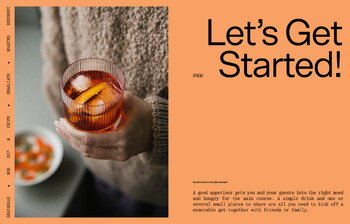Laine magazine contains knitting tips, interesting articles, and stories from the world of wool, inspiring interviews, and seasonal recipes. The magazine is published three times per year, in both English and Finnish.
Helsinki, the capital of Finland, will be represented in this winter 2023 issue of Laine magazine. Thumb through magazines in a charming bookstore, listen to music in an inspiring record store and have a cup of coffee in the winter wonderland – and knit, of course! Laine magazine issue 16 features 11 knitting patterns, including sweaters, cardigans, shawls, a waistcoat and one pair of socks. In addition to these, the magazine contains an article on how the Craft Museum of Finland preserves cultural heritage, an interview with Elaine Tom, care advice for your favourite knits, an article by knitting influencer Jeanette Sloan, recipes and much more.
Laine 16 (Winter 2023) brings you to the streets of our beloved Helsinki, the capital of Finland. We will visit a charming bookstore and an edgy record store, and sit down to have a warming cup of coffee. In short, a perfect, slow Saturday! Dare we say this might be the best issue yet?
Designers featured in issue 16: Fiona Alice, Rachel Brockman, Dee Hardwicke, Thien-Kieu Lam, Lotta H Löthgren, Rosa Pomar, Yan Qian, Eri Shimizu, Anna Strandberg and Orlane Sucche.


